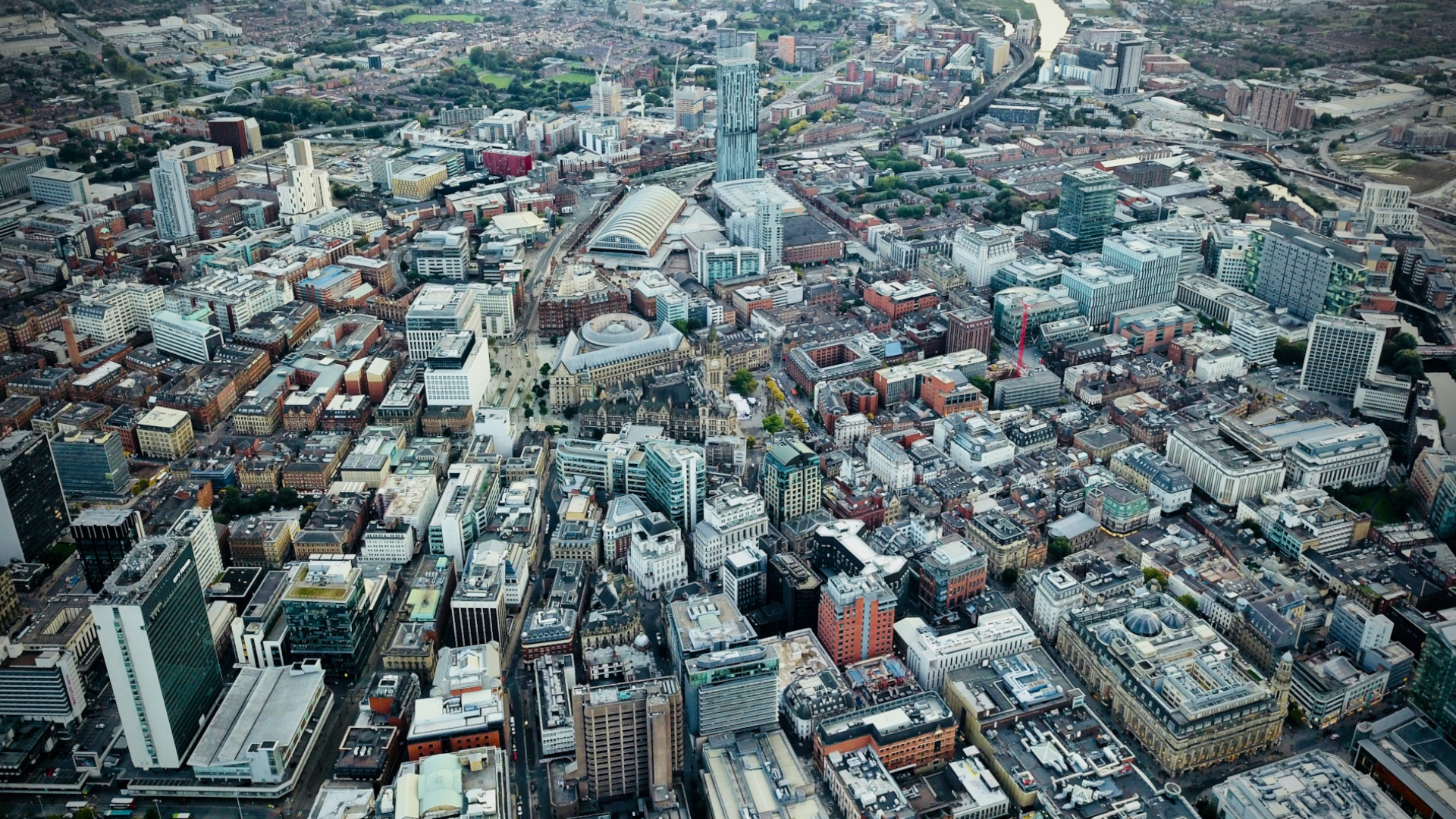Irresponsible and unprosecuted fires in historical buildings are putting people’s lives and wellbeing at risk so that development companies can continue to increase the wages going into their pockets.
On Monday the disused Hotspur Press Building in Manchester city centre, left derelict for decades, went up in flames. The fire has left both the historical building, first used as a cotton mill in around 1801, and many of the city of Manchester’s residents, gutted.
The flames leapt from the burning building onto the balcony of a neighbouring apartment block and smoke swamped the characteristically grey, somber sky. Many of the flats in the surrounding, modernised Deansgate area were evacuated with warnings sent out to nearby residents to keep their doors and windows closed due to the smoke.
While no culprit has been found for the blaze, many have blamed indecision, the building itself having been the subject of an ongoing debate for some time. As the Manchester Evening News reports, there were initial plans to convert the Hotspur Press building into a 171-home, 28 storey apartment block with a new firm Manner, which fell through in 2020.
Hotspur press up in flames after being earmarked for redevelopment, shock pic.twitter.com/3sVQkTc6Jz
— Jake (@jakeperry97) June 23, 2025
As the flames raged on, as did the ongoing debate, until discussions were reduced to debris.
Controversy around the fate of the Hotspur Press, previously a comics manufacturer, has led to speculation that the fire was started deliberately in order for property developers to make insurance claims on buildings which had been earmarked for redevelopment plans.
Not only would the infernal gutting of this historical building make them a few quid in terms of pulling it down, it has also created a cleaner slate which would allow redevelopment work to begin.
Locals and passersby were forced to watch while the history of their city was burned down, most likely in order to make way for more ugly, gentrified, and overpriced apartment buildings. These redevelopments will, inevitably, continue to boost the average rent price in the city to unliveable standards.
However, Manchester isn’t the only major city to have been set ablaze amidst a mass regeneration project.




















